Staying on the Cutting Edge: Summer Activities for School Staff
Summer break is often seen as a time for relaxation, but for school staff, it can be an excellent opportunity to stay current and bring fresh ideas to their roles. Here are some strategic actions that educators and administrators can undertake during the summer to enhance their skills and knowledge.
Professional Development: Attending workshops, conferences, or online courses can provide new insights and techniques. This helps in staying updated with the latest educational trends and technologies.
Networking: Connecting with peers, either through social media or professional organizations, can lead to the exchange of ideas and best practices. These interactions often spark innovative approaches to common challenges.
Self-Reflection: Taking time to reflect on the past academic year allows staff to identify areas for improvement and set new goals. This period of introspection can lead to more effective teaching strategies and classroom management techniques.
Reading and Research: Diving into educational literature, whether it’s books, academic journals, or blogs, can inspire new methods and perspectives. Staying informed about current research ensures that teaching practices are evidence-based.
Creative Projects: Engaging in creative activities, such as developing new curriculum materials or incorporating new technologies into lesson plans, keeps the mind sharp and ready for the upcoming school year.
By dedicating time to these activities, school staff can ensure they remain at the forefront of educational innovation, ready to inspire and educate their students with renewed energy and fresh ideas.



